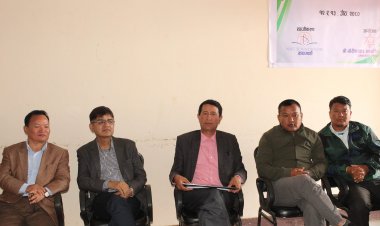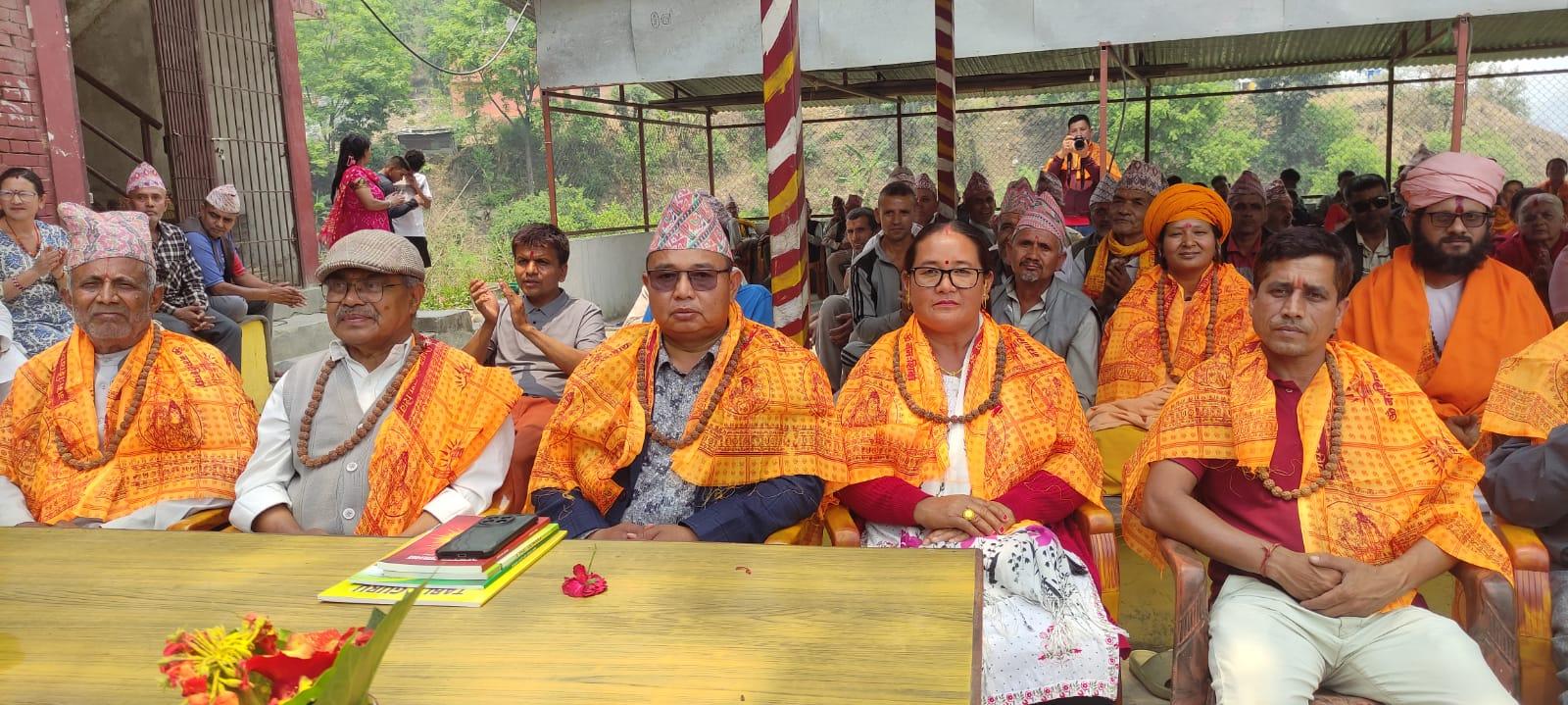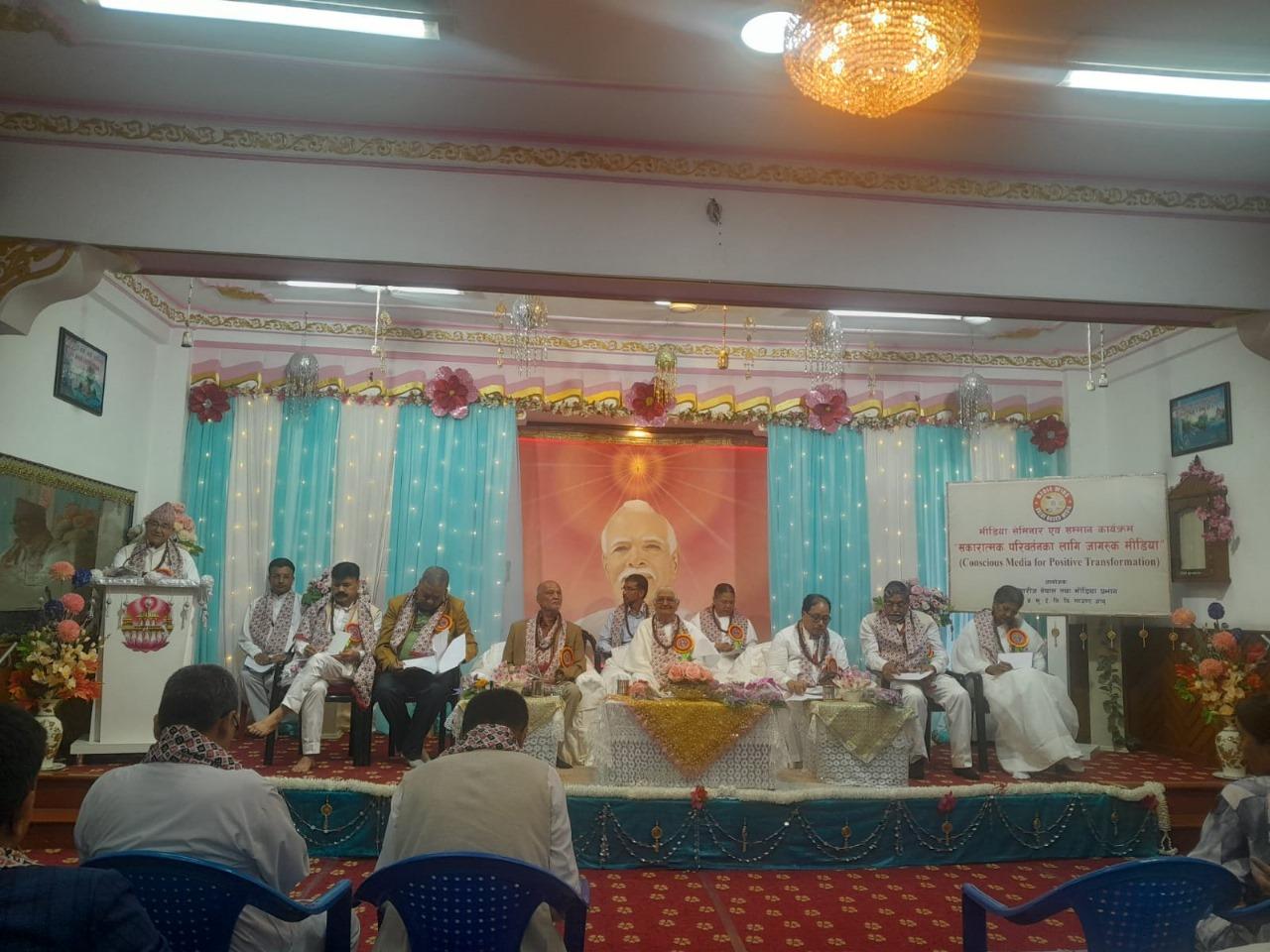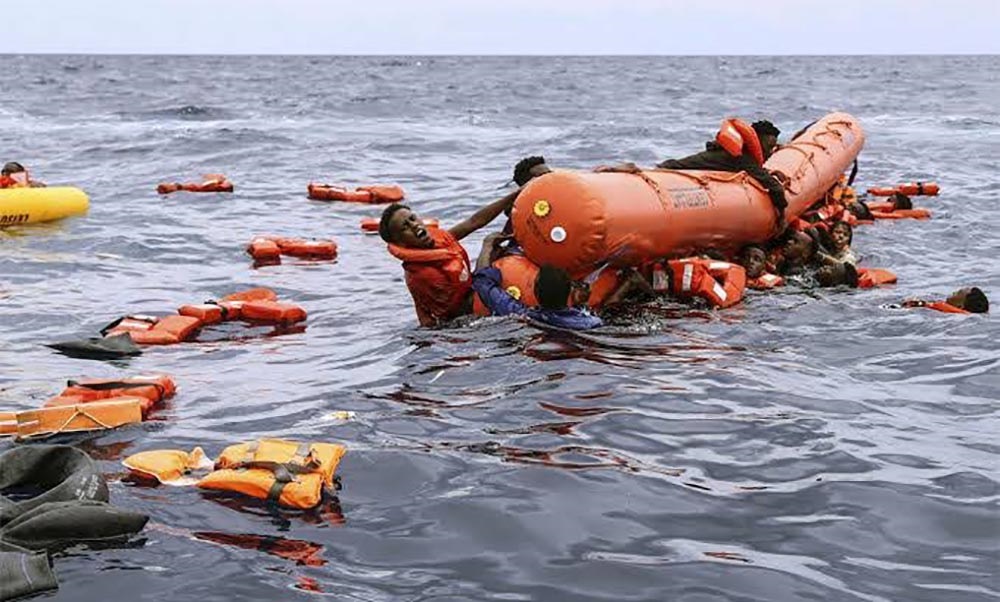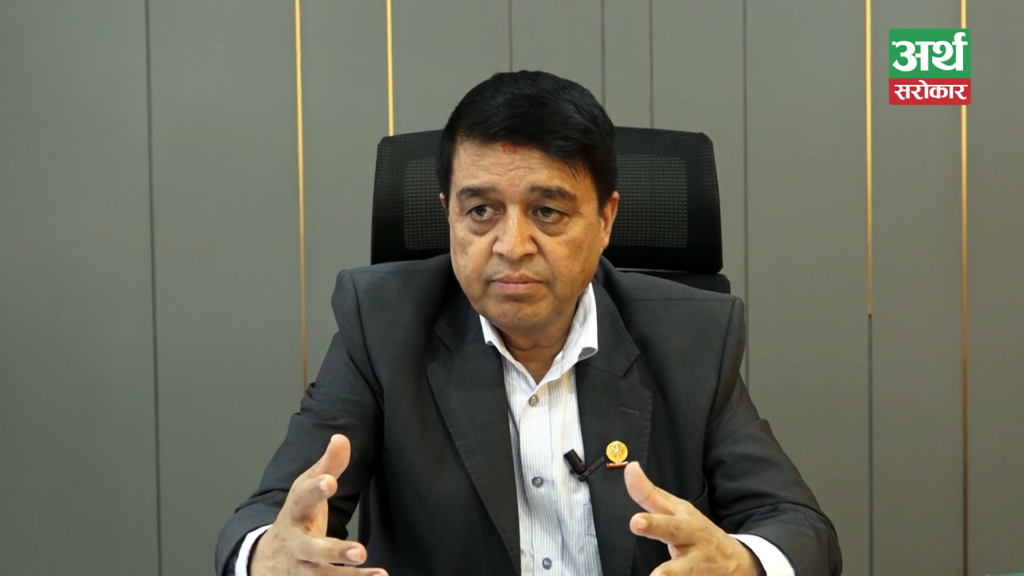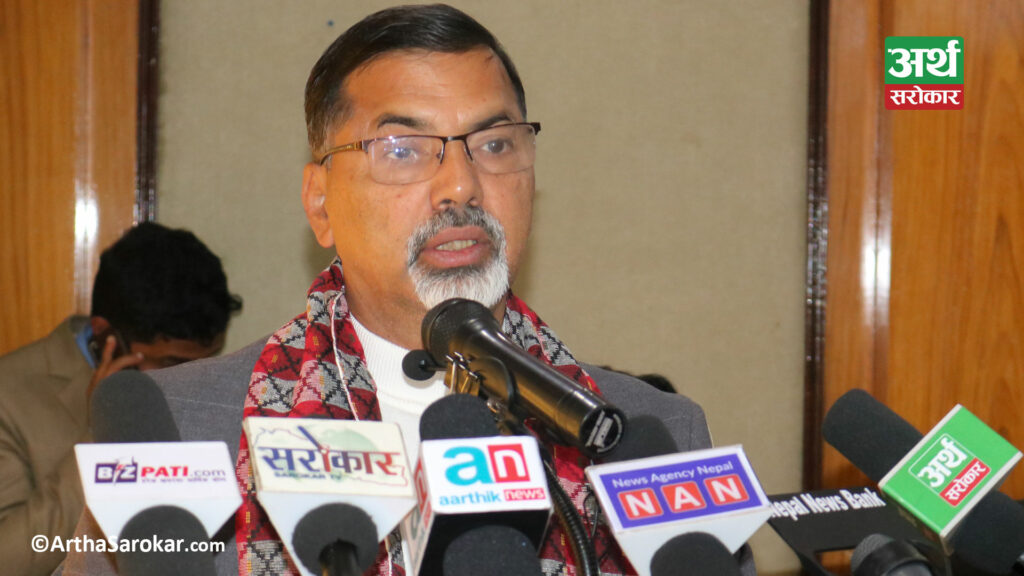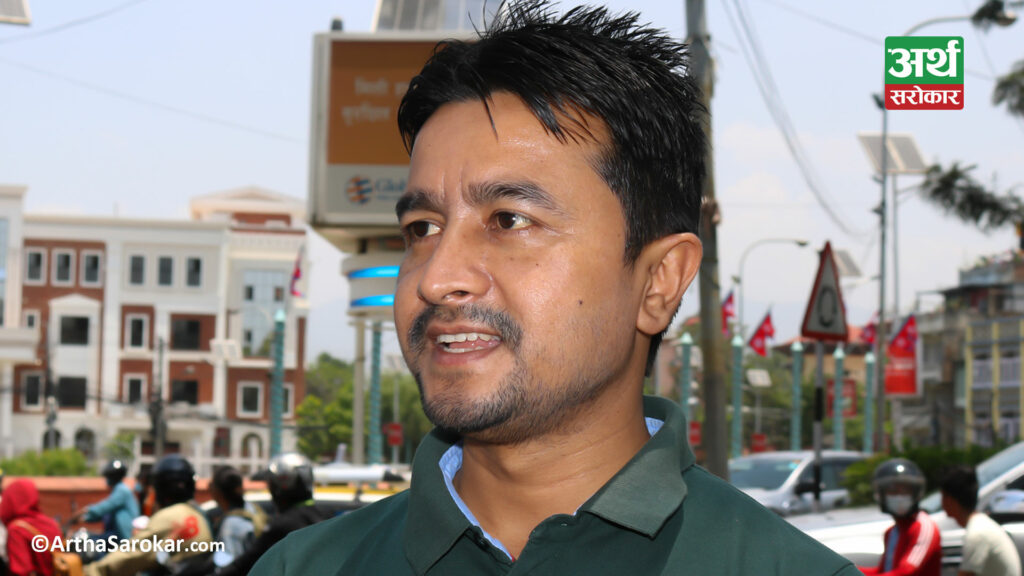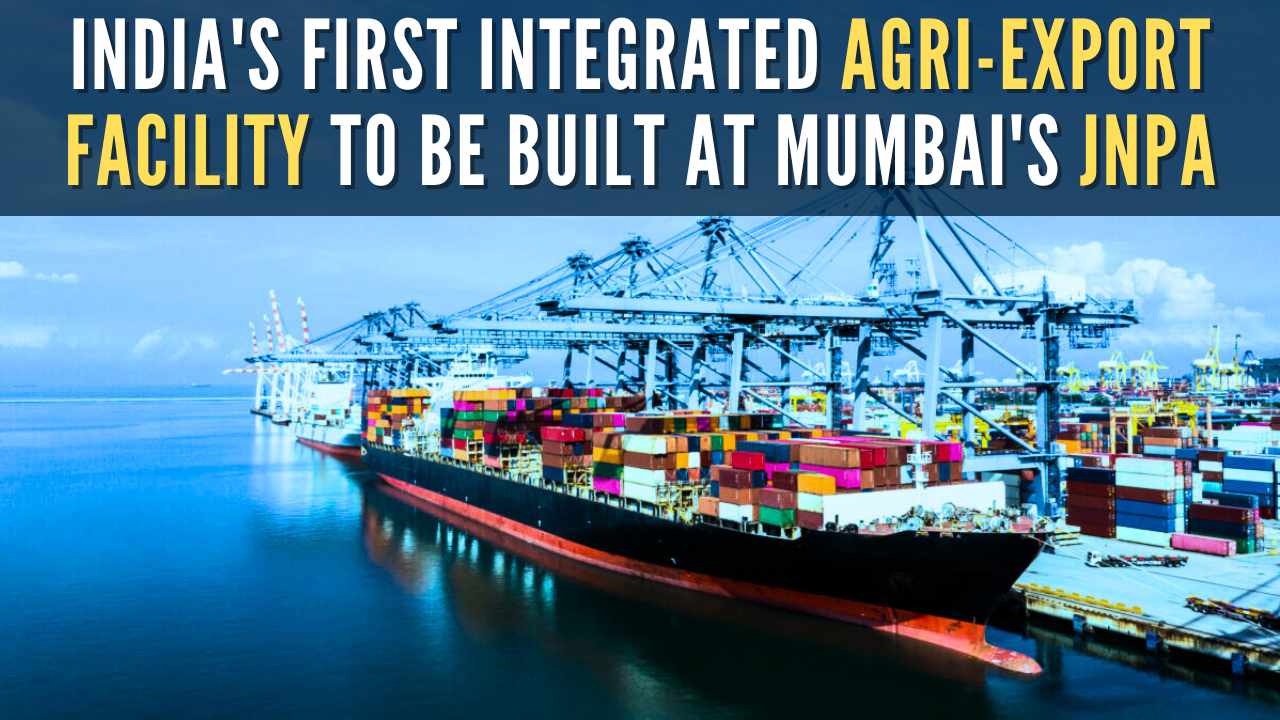China: An Emerging Global Power
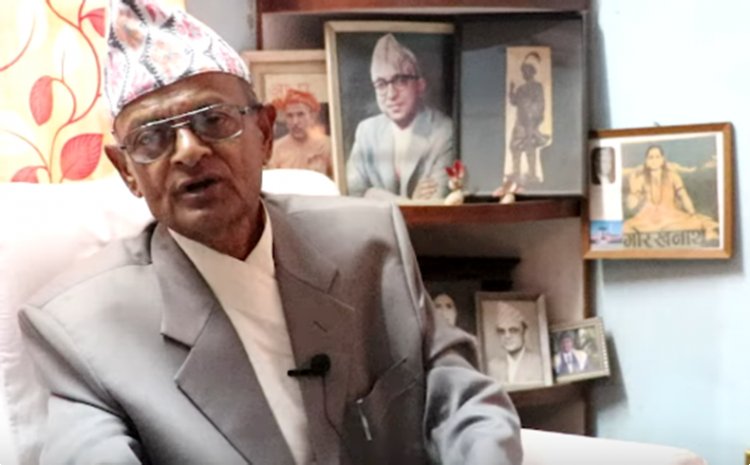
China: An Emerging Global Power
By Dirgha Raj Prasai
About two hundred years ago Napoleon Bonaparte evaluated China saying
'Let China sleep, for when she wakes, she will shake the world.' In
deed China has converted the quotation in practice. China has emerged
as world power particularly the economically power. Being neighbor,
Nepal and China share the common boarder of over 1000 km. We have long
and cordial historic relation between our two countries. Nepal can
greatly be benefited from Chinese prosperity and incredible economic
growth.
China has a long history. Before 221, Zhou dynasty is the longest
dynasty in China history. During the period, great spiritual Saint
Lord Confucius had impressed in old China. And then, the unification
of China occurred in 221 B.C. by the Emperor Qin Shi Huang-Ti who
destroyed the Zhou dynasty and proclaimed himself as China's first
emperor. He captured the state power and destroyed and burned all the
China's historical sources, materials, inscriptions and temples. The
King Qin Shi Huang-Ti had expanded Chinese territory to Mongolia in
the north and annexed many places. He constructed the Great wall
(approximately 6,000 kilometers long) for the security purpose. He is
immortal in his acts not only in China but also all around the world.
Emperor Qin Shi Huang destroyed all the historical evidences, but the
philosophy of Saint Confucius 25 hundred years old still exists today
in China. Confusions philosophy is the light of China. Time creates
people and people create history. A man is 'nature' while the history
is 'manual'. Time creates individuals that can give creative thought
and such individuals become immortal in the world.
China in fact is large country with large economic production and
domestic expenditure. In order to maintain the ratio of development
through the country, political regions are allocated as per need of
the country. In modern China, there are 34 geo-political divisions,
classified as 23 provinces, 4 municipalities, 5 autonomous regions,
and 2 special administrative regions. Since its foundation in 1949,
the People's Republic of China has considered Taiwan to be its 23rd
province. However, the Chinese government has never controlled Taiwan.
Four major metropolitans namely Beijing, Tianjin, Shanghai and
Chongqing Municipalities are directly under the Chinese government,
with status equal to that of the provinces. In practice, their
political status is higher than common provinces and centers of
economic activities. Besides two autonomous and self-governing Special
Administrative Regions- Hong Kong and Macau Special Administrative
Regions are sub national subject and are directly under the Central
People's Government. Except in foreign policy and military defense,
special administrative regions are fully independent. There are five
autonomous regions namely Inner Mongolia, Guangxi Zhuang, Tibet,
Ningxia Hui and Xinjiang Uyghur. The autonomous regions enjoy their
legislative rights and leadership is appointed from respective
minority ethnic group.
China experienced critical stages for many centuries. The great leader
of China, Mao Ze Dong made his country recognized by the rest of the
world fighting against imperial powers. Modifying (improving) the same
policy, another leader Deng Xiaoping brought changes in Chinese
communism. Even after the death of Deng Xiaoping, his Chinese policy
was continued and China emerged as a global economic power. China, not
only in the field of trade and business, but also became able to
develop science and technology. Moreover China is heading towards
integrated and multilateral development. Adopting the path of open
policy, China has stood against imperialism in the globe. Beijing
Review of Dec-2012 rightly describes - “The drastic increase of the
existing poverty gauge shows that the Chinese government is pragmatic
about the difficulties and challenges in faces in poverty reduction.
China's poverty reduction drives in unique in history. No other
nations in history have ever been able to bring so many people out of
poverty in such a short time. China's success is lifting millions of
people out of poverty is unprecedented. Currently, poverty reduction
not only means providing adequate food and clothing for those in need,
it also means letting them live with dignity”.
Though the Communist party of China (CPC) with more than 66 million
members is the country’s sole political party in power, but there are
also eight other political parties too. China is run through communism
principle and is a communist nation. This is true. But, in practice
China is more inclined to capitalist ventures through economic
reforms. China’s energy is now mostly concentrated on increasing its
products to sell to the global market, and make Chinese citizens
independent. Chinese leader Deng Xiaoping said- ‘Poverty is not
socialism, to be rich is glorious.'
The leader Deng put forward the concept of building socialism with
Chinese characteristics 31 years ago. Recently Communist Party of
China, has appointed Xi Jinping as General Secretary and China's
President since March 2013. President Xi Jinping succeeded President
Hu Jintao. The new President has taken the high priorities on
corruption, inequality and the environment. President Xi said- people
cannot deny what was done before the reform and opening up based on
what happened after it and vice versa. We should seek the truth from
the facts and tell apart what is important and what is not.' The
president Xi Jinping, has said that he will fight for the great
renaissance of the Chinese nation. According to president Xi Jinping,
the dream depended on, I) the people, and benefits and equal
opportunities to them, II) united strength of the people as an
invincible force with wisdom and power, and III) having dreams
together benefiting from national development. Taking united strength
of the people as an invincible force with wisdom and power. The wealth
or prosperity gap between the rural and urban sections of the
population constrains a sizeable member of people from dreaming big.
Xi's Chinese dream also takes care of this section of people and makes
them able to dream.
China has ranked as the second biggest economy in the world. China is
expected to realize its goal of becoming a moderately prosperous
country by 2020. China is focusing to end the corruption. It is
pointed that future anti-corruption work will focus on strengthening
the penal system. Thus, how to effectively fight corruption is a major
test the new leadership in faced with. In addition, there are many
other issues that people expect to be addressed, such as problems
pertaining to rural life and agriculture, soaring prices, housing,
education, medical care, employment, income disparity and
environmental protection.
China has overtaken Japan as a world's second largest economy. It is
accepted that Chinese economy will overtake the US economy almost by
2030. Because, to deliver cheap labor and cheap land of factories that
would product with big brands a small prices. The characters between
the sociologists and capitalists indicate the case of differences.
Several economic forecasts suggest that China's GDP will overtake that
of the U.S. in the coming decades. This fact, along with the recent
economic downturn in the U.S., may be influencing U.S. perceptions of
Chinese strength.
The State Councilor and Director of the Office of the Foreign Affairs
Leading Group of the CPC Central Committee Mr,Yang Jiechi writes-'To
strike a balance between upholding justice and seeking interests is at
the heart of traditional Chinese culture and a moral benchmark
observed by the Chinese nation throughout the centuries. This
important principle governs both personal conduct and China’s
relations with other countries. Inheriting the fine traditions of
Chinese culture and the diplomacy of New China and keeping in mind the
new tasks in the new period of China’s relations with other developing
countries and its neighbors, Comrade Xi Jinping underscores the need
to adopt the right approach to upholding justice and seeking interests
in growing relations with these countries. Politically, we should
uphold justice and fairness as a guiding principle. Economically, we
should pursue mutual benefit and common development. In growing
relations with our neighbors and other developing countries that have
long been friendly towards China yet face daunting challenges in
development, we will accommodate their interests rather than seeking
benefits at their expense or shifting troubles unto them.'
Due to the Nepalese princess Brikuti who married with the King of
China- the famous Shronchan Gompo, speeded the Buddhism and the
craftsman Araniko who built numerous famous Buddhist statues in China
and Tibet. From the time of Shronchan Gompo, Buddhism became gradually
popular in China. In ancient time, Manjushree, came to Nepal from
greater ancient China and made the Katmandu Valley habitable by
draining out of the water as a lake in Kathmandu Valley, and started a
new civilization. Prof. Dr.Triratna Manandhar writes-'in fifth
century A.D. Faxan, a Buddhist monk and scholar from China visited
Kapilvastu and Lumbini. His visit was followed by the visit of Nepali
Buddhist scholar Buddhabhadra, to China, Faxian and Buddhabhadra
collaborated to translating some of the Buddhist Sanskrit texts into
Chinese which staying at monastery in China.
In the seventh century A.D. Xuan-Zang visited Lumbini, Kapilvastu and
Kathmandu Vally, and left a short description of Nepal, which gives a
short glimpse of Mahayana and Therabad Budhism in Nepal during ancient
period. Sino-Nepali relations revived in the 13th Century when Kublai
Khan invited a team of artists from Nepal to erect a golden Stupa. A
Nepali team led by Arniko visited China and constructed golden
pagoda-styled monasteries in Tibet and China to the satisfaction of
the Chinese Emperor. Arniko was given a high post in China, and after
his death, his sons continued to work in China. Nepal Kings and Prime
minister were decorated by Chinese titles. Rana Bahadur Shah got the
Chinese title of 'Ertini Wang' and Bahadur Shah- 'Dhung'. Jang Bahadur
received a new Chinese title- Thong Ling Pimma Ko Kang Shang.' Then,
we are maintaining the cordial relation between Nepal and China.
The Chinese vice-president, Li Yuanchao says- 'China is willing to
join hands with Nepal to deepen traditional friendship, enhance
mutuality beneficial cooperation, and expend exchanges in various
fields and push forward comprehensive partnership of cooperation
featuring everlasting friendship.' In fact, Nepal and China have
successfully beneficial cooperation in areas such has agriculture,
hydropower, and infrastructure construction which have already
benefited people's livelihood. China has provided a variety of
economic and technical assistance within its capacity to Nepal.
We Nepalese people have been offending by knowing the conspiracies
policy of America. Nepal is landlocked country between two big
neighbors– India and China. China always maintained friendly relation
with Nepal and extended cooperation on various fields. The President
Xi Jinping has already expressed his intention to develop strategic
relation with Nepal with the objective of amassing development
potentials and contributing to uplifting the life of the people in the
region. But Nepal had been influenced by Chinese good conduct- while
that of Britain was the Rule of Might. Such behavior has reflected in
reality of Nepal, India and China.
In fact 'Nepal is a Yam between two rocks.' The quotation of the
founder of modern Nepal PN Shah is still relevant. Hence, Nepal is
politically neutral. America and UN should understand the compulsion
of Nepal. We Nepalese people are neither pro-China and anti-India nor
pro-India and anti-China. Due to our nearest neighborhood, we have the
sense of cordiality to maintain the balanced relation. Nepal shouldn’t
be battle field. From the very beginning of history Nepal and China
have been regarding their sovereignty each other. Nepal always
respects the Chinese integrity and security. No doubt, Nepal supports-
'One China policy'.
But in the context of the Tibetan issue China should revive the news
policy. A political Analyst of Nepal Dr. Shastra Dutta Pant
writes-Since 2006, Westerners criticize China that it does not give
political, religious and cultural freedom. At the same time Westerners
have come to this area with bible in hands as the political tool and
guns underneath. The changed concept after Mao in China has not only
created trouble in China but also hindered stability and smooth
development processes in Nepal. Nepal can only be the right judge as
it did during President Mao’s regime. Nepal could move its military as
it had mobilized to control the Khampa insurgency. Now the westerners’
machination in South Asia as a springboard is more planned and
powerful than it was in the past. Beijing’s policy in terms of its
Tibet-related issues has to be managed effectively with new dimension
and on the past footprints.'
Nepal is a country of great significance in relation to Tibet issues.
The political stability in Nepal alone will not solve the Chinese
purpose. China should realize that the Tibetan issue is made more and
more complicated not because of the outside interferences alone but
because of its changed policy as well. There is no doubt that Tibet
is an internal issue of China. Soon after the declaration of republic
there was confusion regarding who should become the head of the
nation. In a critical position Chinese diplomat presented his
credential to the PM Girija Koirala which cleared the queue of western
countries as well. That was the diplomatic mistake of China. From the
very beginning, since 1955, King Mahendra was determined to keep China
and India in equidistance. King Mahendra played a vital role to
empower China.' Nepal shares Chinese border with Tibet which of course
is an integral part of China. Therefore Nepal is strategic partner
with China in case of Tibet as well. We do not support Tibet be free.
Long live Sino-Nepal friendship!!
What's Your Reaction?













